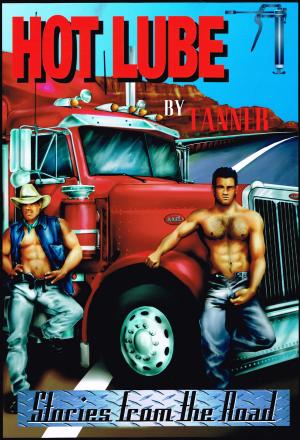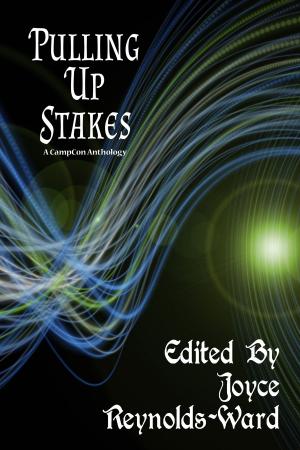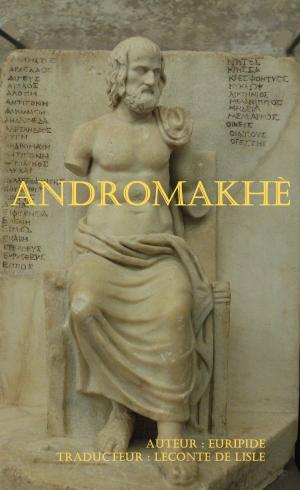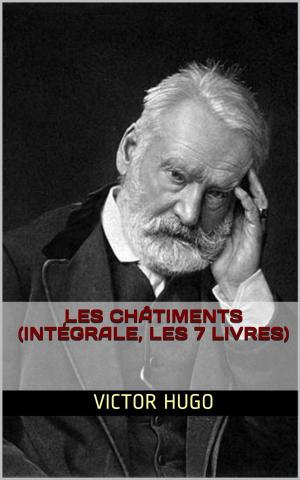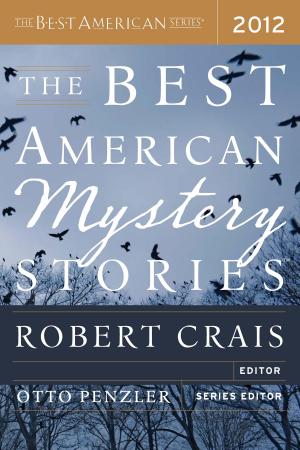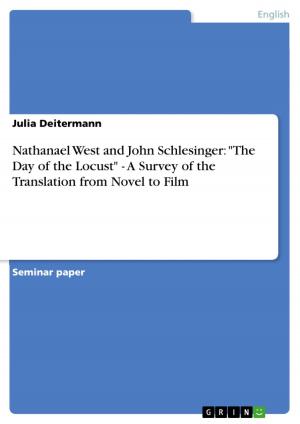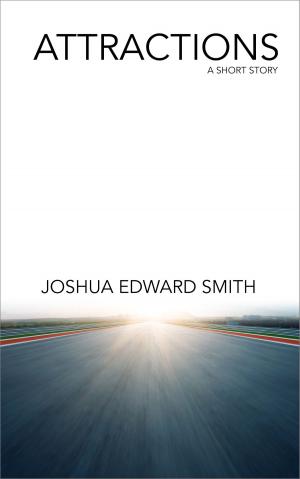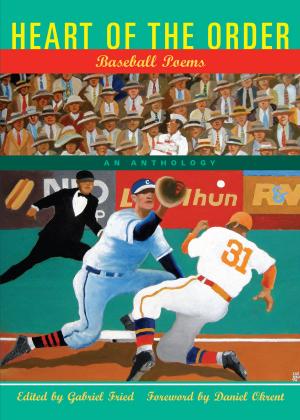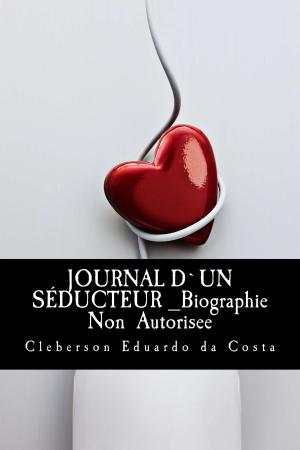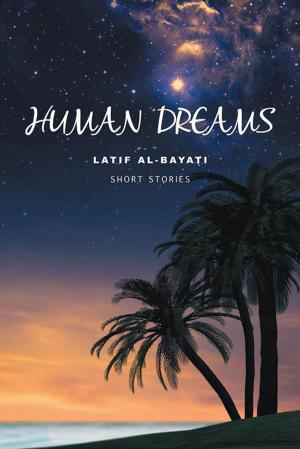| Author: | James Vendeland | ISBN: | 9780988538443 |
| Publisher: | James Vendeland | Publication: | October 31, 2013 |
| Imprint: | Smashwords Edition | Language: | English |
| Author: | James Vendeland |
| ISBN: | 9780988538443 |
| Publisher: | James Vendeland |
| Publication: | October 31, 2013 |
| Imprint: | Smashwords Edition |
| Language: | English |
We, the translators Elena Levin and James Vendeland, would like to comment on why we selected the specific Russian operas included in our Volume III of "The Russian Mood". All three operas are not well known by English speaking audiences but were very familiar to Russian listeners at the time they were created. Most Russian operas are based upon three themes. They are: folktales, fairy tales, and historical events or characters. In this volume, we have presented one opera on each of these themes.
In the opera Rusalka (not to be confused with Dvorak’s opera Rusalka) composer Alexander Dargomyzhsky (1813-1869) wrote both the music and libretto. The story is based on a folktale which the most famous Russian poet Alexander Pushkin (1799-1837) wrote as a poem.
The next opera in this book is Dubrovsky. It is an opera based on an unfinished novel by Alexander Pushkin, written in 1832 and published in 1841 after the author’s death. The opera was composed by Eduard Napravnik (1839-1916) and its libretto written by Modest Tchaikovsky (1850-1916). It contains some similarity to the Robin Hood legend. Pushkin mentioned in his novel that it was quite possible that “a man in Russia can be deprived of an estate to which he has indisputable rights”, highlighting to the readers a picture of the corrupt judicial practices in Russia.
Our final offering is the fairy tale Snegurochka (The Snow Maiden). Both music and libretto were written by Nikolai Rimsky-Korsakov (1844-1908). The opera is based on a play by Aleksander Ostrovsky (1823-1886).
Hyperlinks are provided which are found at the conclusion of each libretto. They connect these operas to you tube sites where excerpts of them can be heard.
We, the translators Elena Levin and James Vendeland, would like to comment on why we selected the specific Russian operas included in our Volume III of "The Russian Mood". All three operas are not well known by English speaking audiences but were very familiar to Russian listeners at the time they were created. Most Russian operas are based upon three themes. They are: folktales, fairy tales, and historical events or characters. In this volume, we have presented one opera on each of these themes.
In the opera Rusalka (not to be confused with Dvorak’s opera Rusalka) composer Alexander Dargomyzhsky (1813-1869) wrote both the music and libretto. The story is based on a folktale which the most famous Russian poet Alexander Pushkin (1799-1837) wrote as a poem.
The next opera in this book is Dubrovsky. It is an opera based on an unfinished novel by Alexander Pushkin, written in 1832 and published in 1841 after the author’s death. The opera was composed by Eduard Napravnik (1839-1916) and its libretto written by Modest Tchaikovsky (1850-1916). It contains some similarity to the Robin Hood legend. Pushkin mentioned in his novel that it was quite possible that “a man in Russia can be deprived of an estate to which he has indisputable rights”, highlighting to the readers a picture of the corrupt judicial practices in Russia.
Our final offering is the fairy tale Snegurochka (The Snow Maiden). Both music and libretto were written by Nikolai Rimsky-Korsakov (1844-1908). The opera is based on a play by Aleksander Ostrovsky (1823-1886).
Hyperlinks are provided which are found at the conclusion of each libretto. They connect these operas to you tube sites where excerpts of them can be heard.

